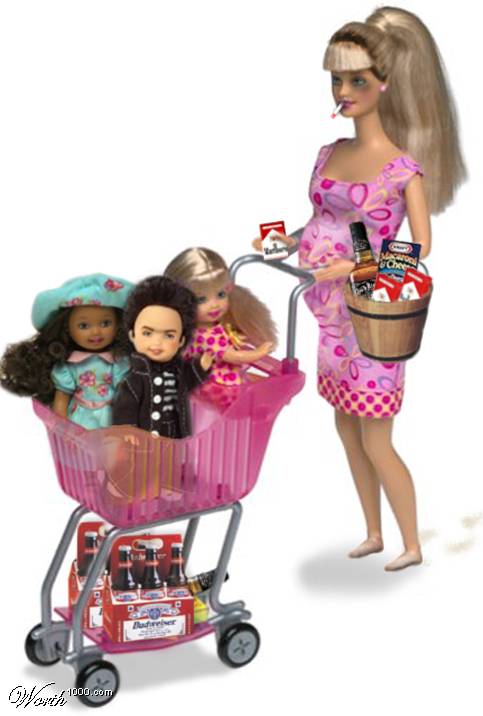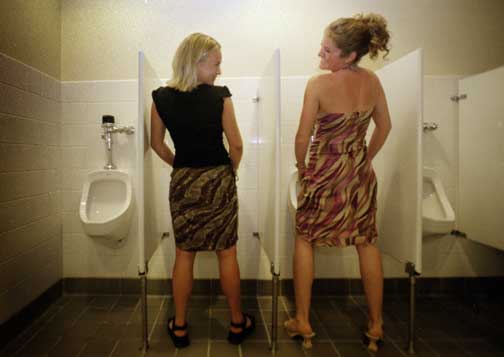

MODULE 4: GIRLS, DELINQUENCY AND JUSTICE
DISCUSSION 4.1: LIBERATION OR OPPRESSION?
Female criminality, and especially the delinquency of girls is quickly becoming one of the top crises of the new Millennium.
With the successes of the 20th Century Women's Liberation's Movement came the
expectation that female criminality would decline. Feminists hoped that with
legal protections of women's rights and more choices, girls would have more
alternatives to crime. Sadly, by all measures the problem of female criminality
has been getting worse not better. This reality has sparked a heated
debated about feminist solutions to the problem.

 Some
argue that the rising crime and incarceration rates of women and girls is
evidence that the feminist principles have failed. The deconstruction of
gender ideology have encouraged a growing number of girls to "act like
boys." And crime has traditionally been what boys do. Central to their critique
is the proliferation of the choices girls can make. The increasing options for
birth control, for example encourages sexual promiscuity. Girls are getting into trouble because
too many mothers choose to work rather than stay home to raise their
children. Too many fathers choose not to provide for their daughters and
their mothers. No longer being held responsible for making homes and caring for families, increasing numbers of women are wandering onto the "wrong side" of the tracks.
Some
argue that the rising crime and incarceration rates of women and girls is
evidence that the feminist principles have failed. The deconstruction of
gender ideology have encouraged a growing number of girls to "act like
boys." And crime has traditionally been what boys do. Central to their critique
is the proliferation of the choices girls can make. The increasing options for
birth control, for example encourages sexual promiscuity. Girls are getting into trouble because
too many mothers choose to work rather than stay home to raise their
children. Too many fathers choose not to provide for their daughters and
their mothers. No longer being held responsible for making homes and caring for families, increasing numbers of women are wandering onto the "wrong side" of the tracks.
Others argue that the rise in female criminality evidences women's growing resistance to patriarchal control. In a highly patriarchal society girls must obey their fathers. Yet, fathers are not being held responsible for the poor choices they make. Lack of child support and alimony often leaves a mother with only two options: public assistance or low wage labor. In a patriarchal society, the justice system is more likely to support the rights of men than those of women. Thus, refusal to obey sexually and abusive fathers gets many girls in trouble with the law.
Obviously, the solutions to the problem differ greatly depending upon the position taken.
As you read Meda-Chesney Lind and Randall Sheldon's book Girls, Delinquency and Justice think about how your own knowledge, experiences and principles line up with these two positions and let's talk about them. Also, as we progress through the book, let's talk about the possible solutions to the female delinquency problem and how they can be achieved.